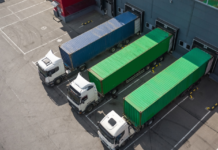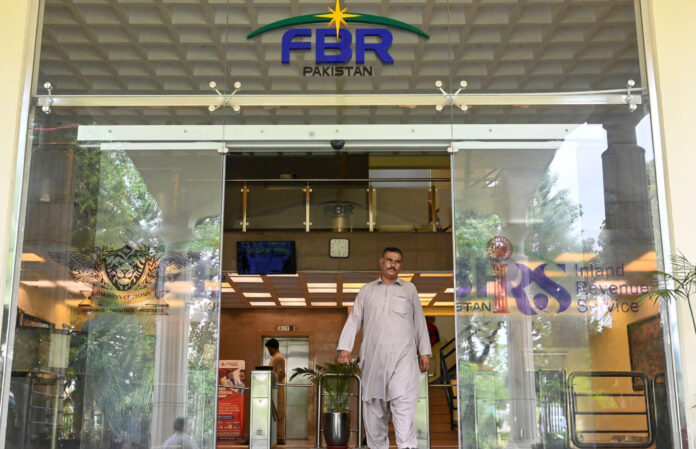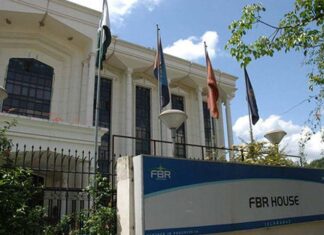- Commission calls for review of expenses under Finance Division’s austerity measures; FBR defends the procurement
The Planning Commission has expressed concerns over the procurement of 179 vehicles for the Federal Board of Revenue’s (FBR) Rs41 billion Revenue Raises Project. The vehicles, which include 15 bulletproof units, are part of the government’s broader plan to improve tax collection and compliance through enhanced digital enforcement capabilities, Dawn reported.
The project, supported by a $150 million World Bank loan, aims to increase the country’s tax-to-GDP ratio, which is currently below the Asia-Pacific average.
However, the Planning Commission has questioned the necessity of the Rs2.237 billion allocated for vehicle procurement, noting the lack of detailed vehicle specifications. The commission has urged a review of these expenditures, particularly in light of the Finance Division’s austerity measures.
The FBR, however, defended the procurement, stating that the vehicles were essential for operational needs, especially in remote areas where the digital enforcement stations will be set up.
The FBR further emphasized that the vehicles would not include luxury features and were designed to meet the functional requirements for anti-smuggling activities.
The project aims to address Pakistan’s tax shortfall, with an estimated $100 million in nominal savings from investments in information communication technology (ICT) hardware. The project’s investments are also considered necessary to prevent failure of the FBR’s ICT systems, which would cost an estimated $200 million to rebuild.
The Planning Commission also highlighted the challenges Pakistan faces with an under-regulated tax system and a high level of undocumented economic activity. It has called for simplification of tax procedures, reduction in the number of levies, and greater digitization of the tax system to enhance compliance.
The FBR’s reform plans include establishing 37 digital enforcement stations, creating a Customs Tracking System, and developing mobile tax facilitation services. The revenue authority expects these efforts to generate an additional $81 billion by fiscal year 2028-29.
Despite the concerns, the FBR’s overall aim is to broaden the tax base by leveraging technology to identify defaulters, improve tax collection, and support a more transparent and efficient tax system.























